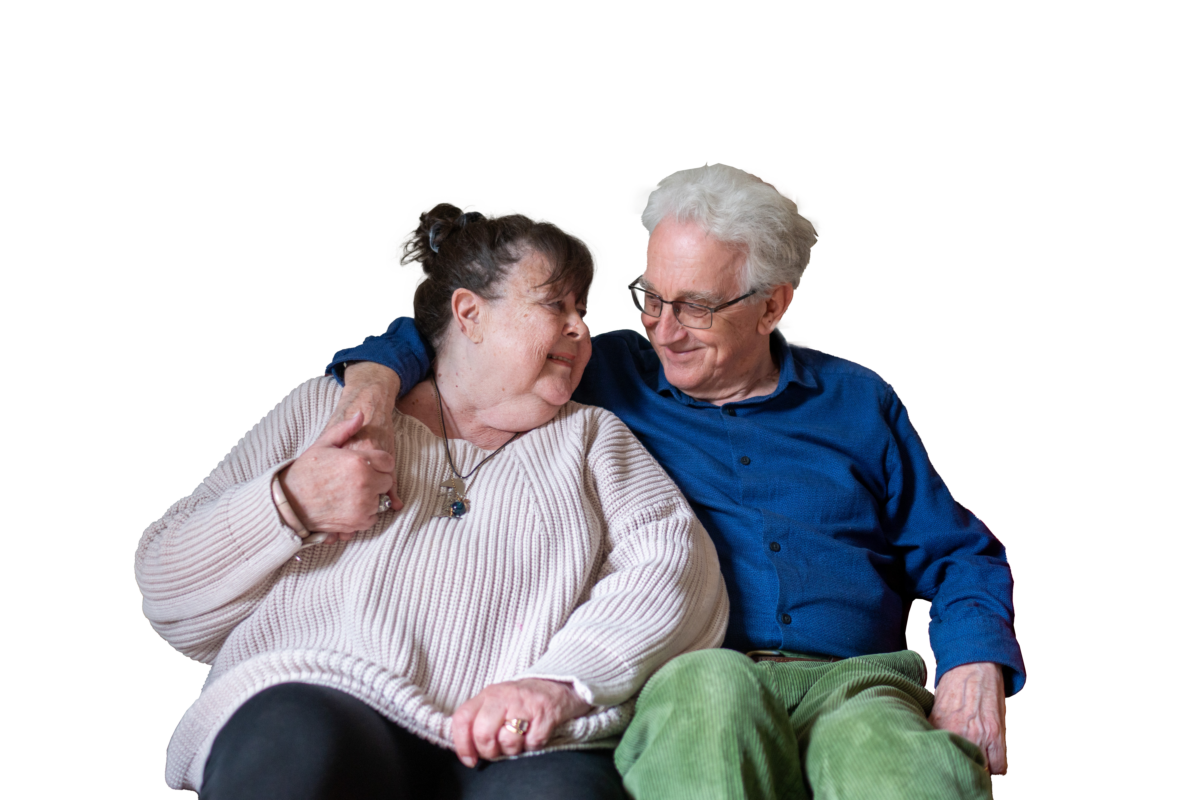ReSPECT stands for Recommended Summary Plan for Emergency Care and Treatment.
What is ReSPECT?
The ReSPECT process creates a personalised recommendation for your clinical care in emergency situations, where you are not able to make decisions or express your wishes.
A ReSPECT plan is created through conversations between yourself and one or more of the health professionals who are involved with your care. The recommendations should respect both patient preferences and clinical judgement.
ReSPECT is used across a range of health and care settings, including your own home, an ambulance, a care home, a hospice, or a hospital.
ReSPECT plans are used in many areas of the UK, meaning that your conversations and decisions can be understood and respected wherever you receive care
Who is it for?
ReSPECT can be for anyone who wants to record their care and treatment preferences but will be particularly relevant for those who have complex health needs, are likely to be nearing the end of life, or at risk of sudden deterioration or cardiac arrest.
How does ReSPECT work?
The ReSPECT process involves you having a conversation with your healthcare professionals.
Together you’ll produce recommendations about the types of care and treatment you would or would not want to be considered in an emergency, and which would not work or be of overall benefit to you.
You may also wish to include your family and/or carer(s) in these discussions.
The agreed plan is recorded on a ReSPECT form, which is available as a paper copy and also in electronic form on the systems that many hospital and GPs use. I A printed copy should stay with you and be available immediately to any healthcare professionals called to help you in an emergency, whether you are at home or being cared for elsewhere.
If your condition changes, or you want to update your thoughts and preferences, you can speak to your clinician again, who will update your plan.
Professionals such as ambulance clinicians, out-of-hours doctors, care home staff and hospital staff will be better able to make quick decisions about how best to help you in an emergency if they can refer to your ReSPECT form.
For more information about ReSPECT please see the Resuscitation Council’s website: www.resus.org.uk/respect/respect-patients-and-carers
To learn more about ReSPECT, watch the video below and follow Joe’s journey through the ReSPECT Process.
ReSPECT survey
The views of patients and carers are very important to this work. We would therefore be grateful if you would take a few minutes to complete this survey. Please do not put your name on this form. It will be used anonymously to help us evaluate the work we are doing.



